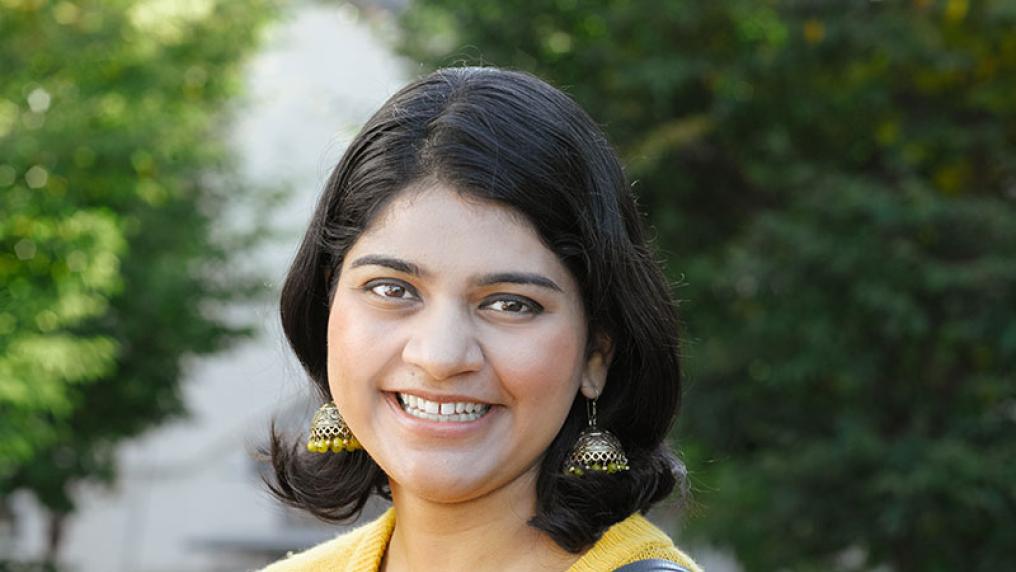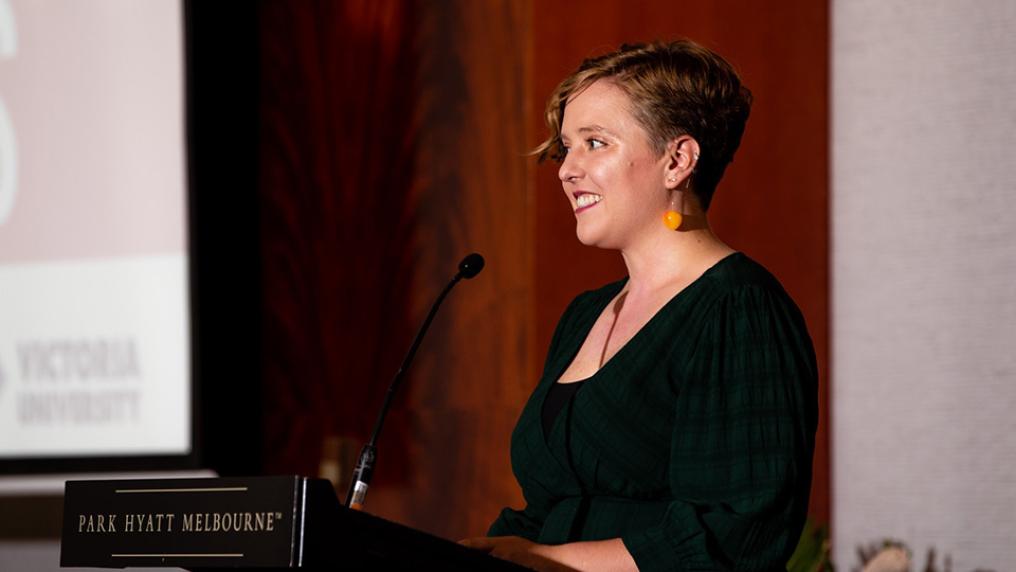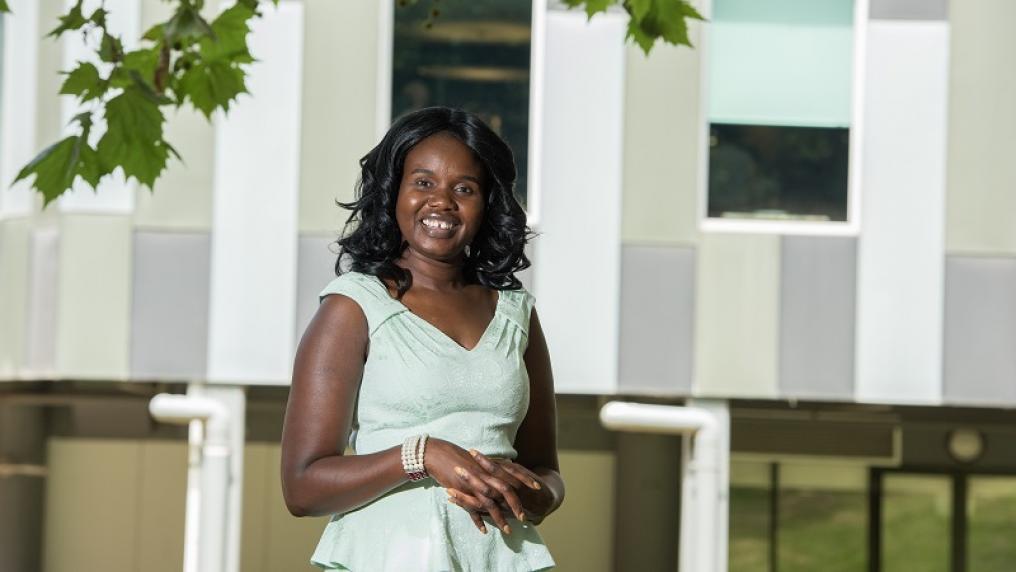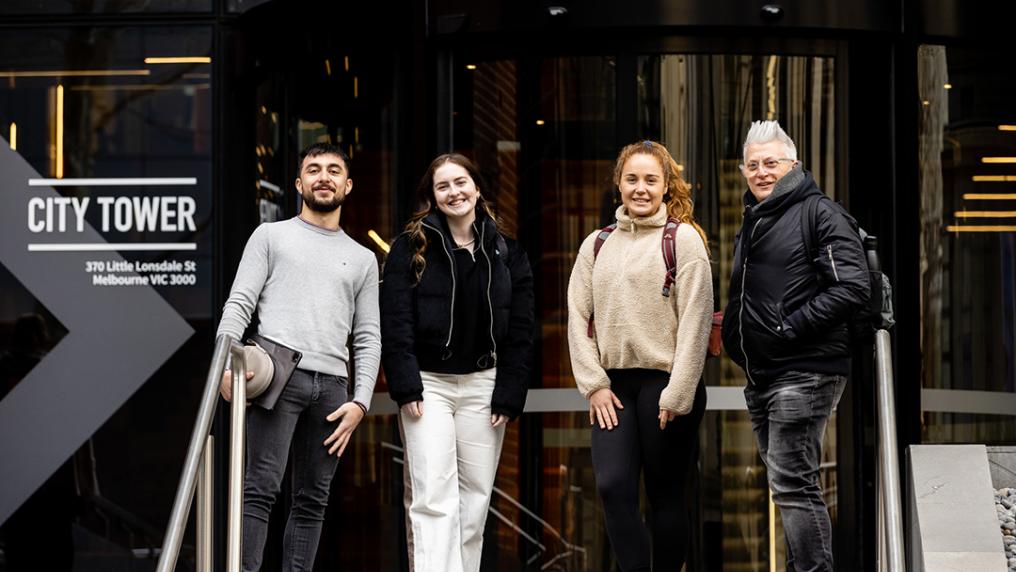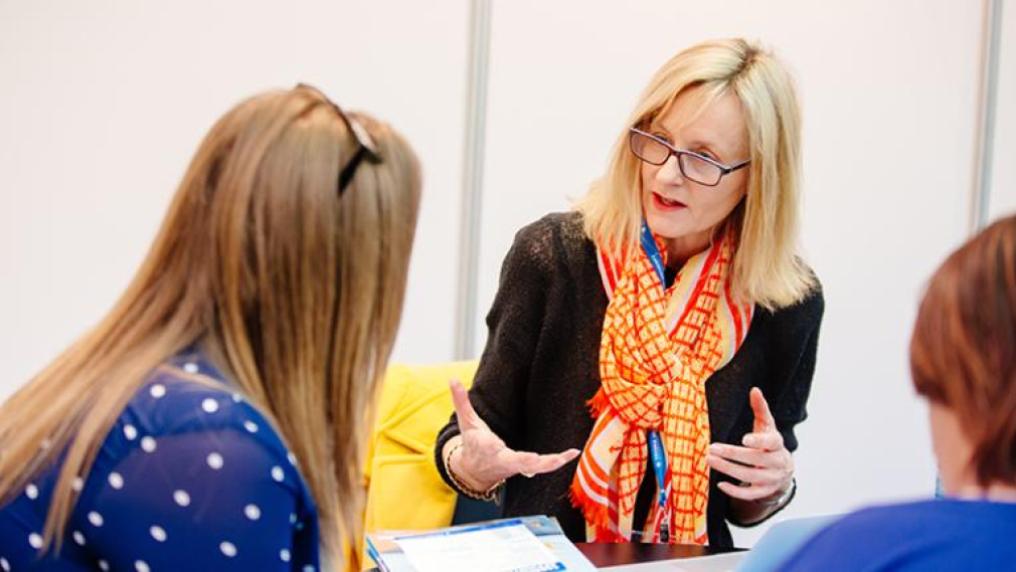To be considered for postgraduate study, you will need to have specific academic qualifications, as outlined below. We also consider non-academic research and work experience for our research candidates.
Admission criteria
Completion of an Australian Bachelor degree (or equivalent) in any discipline OR Completion of an Australian Graduate Diploma (or equivalent) in a similar discipline PLUS IELTS (or equivalent): Overall score of 6.5 (with no band less than 6.0 in Listening, Reading, Writing and Speaking)
Special entry programs
If you are from a disadvantaged or underrepresented social, economic or cultural background, you may be eligible for one of our special admission programs. These programs are designed to help you access education more easily.
Learn more about special admission programs